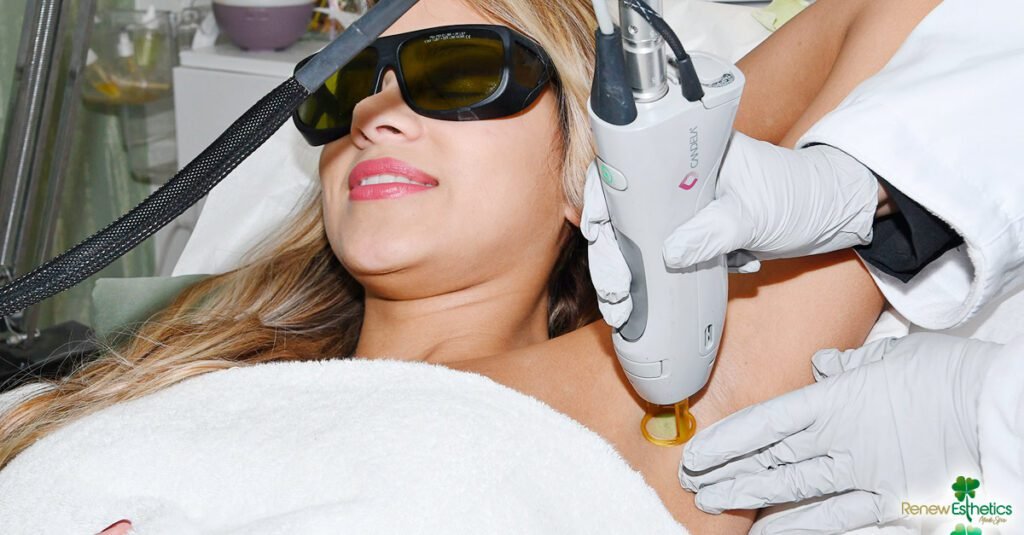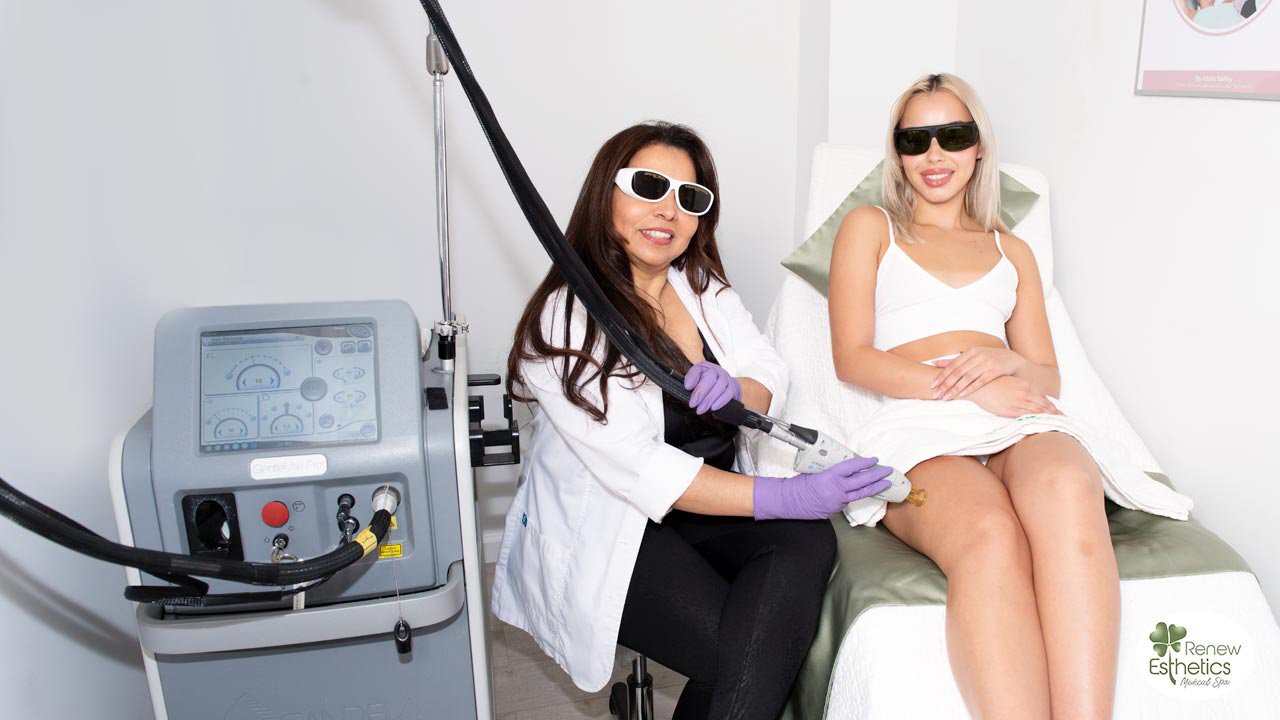October is the awareness month for breast cancer, each year during this month, people from all over the world show their support by joining the annual campaign to raise awareness of this severe disease and to promote research into the causes, treatment and cure. People, businesses and communities to join to show your support for the many people affected by breast cancer.
Since 1985, during almost four decades, the world has recognized this month as the month of awareness raising to promote education about breast cancer, including metastatic breast cancer (MBC), and the importance of early detection and access to timely care and of high quality.
This campaign is very important, no matter who you are or where you live, the breast cancer can touch your life or the life of someone in your family. Therefore, it is necessary to understand the warning signs of breast cancer, the risk, the causes and what is normal for you to take action if there is any change in your breasts or in the armpits. Remember:
- Don't forget to touch you, look at you, to get checked: more than one-third of women do not check their breasts. The caution and early detection can save your life.
- Learn more about the breast cancer secondary: Too many people with breast cancer secondary experience delays in the diagnosis.
- To create awareness about breast cancer in men is rare, but men can also have breast cancer.
On the other hand, this type of campaign will help to promote research on the true causes of breast cancer-or any-type, since there are a lot of myths related to this that end up negatively affecting your life and that of your family. One of them is the relationship between cancer and the laser is on, and today I want to break this myth through a deep dive of the laser technology and how it works..

Does laser hair removal cause cancer?
The procedures of hair treatment with laser use technology that is of concern to some patients about the risk of cancer. This is because the hair treatment with laser is performed with radiation. But laser hair removal may not cause cancer, it is only a myth. In fact, according to the Skin Care Foundation, the procedure is also sometimes used to treat certain forms of precancerous lesions.
During the last twenty years, laser technology has grown by leaps and bounds. When it was introduced for the first time, many people wondered if it could be effective and safe. The first thing you should know is that laser hair removal has no negative effects on the health of your skin. To be more specific, the type of radiation used in laser hair removal is NOT the same as that used in an mri or a ct scan, the name of that is radiation "ionized" that can cause cell damage and lead to a risk of cancer
However, laser treatments are not using ionized radiation, which means that their cells do not touch or damage, and there is no risk of cancer as a result of the treatment.
There are many laser treatments available today that help remove unwanted hair, reverse sun damage, aging, and improve the appearance of scaly skin. These lasers can be ablative, which means that vaporize the top layer of the skin, such as CO2 or erbium laser, or non-ablative, for example, a laser resurfacing that removes wrinkles without stripping the skin. The use of ablative lasers or many of the non ablative lasers increases the formation of collagen, which results in an improvement of fine lines and wrinkles.
None of these lasers increases the chances of developing skin cancer, the lasers are approved by the FDA used in the removal of hair or other procedures of the skin have a minimum amount of radiation and only touches the surface of the skin. Therefore, there is no risk of cancer. In fact, some are useful in the treatment of precancerous lesions, thereby reducing the risk of developing skin cancer.
How does it work?
The laser emits a light that is absorbed by the pigment (melanin) in the hair. The light energy is converted into heat, which damages hair follicles. This damage inhibits or delays future growth of the hair.
Other laser treatments such as skin resurfacing, skin rejuvenation and tattoo removal, using this same technology. That means that no matter what treatment you choose, you need not worry about the negative effects on the health of your skin.
Are there any risks after laser hair removal?
As with any medical procedure, there are some minor risks to be taken into account. The most common is the redness in the treatment area. However, in rare cases, you may experience scarring or discoloration in the treated areas. Although these risks are not serious, you must know all the possible risks and the specialist in laser should explain everything to you before committing to the treatment.
While in any medical procedure, there are no serious risks associated with laser hair removal treatment. For a cosmetic procedure, it is remarkably safe, painless and effective.


